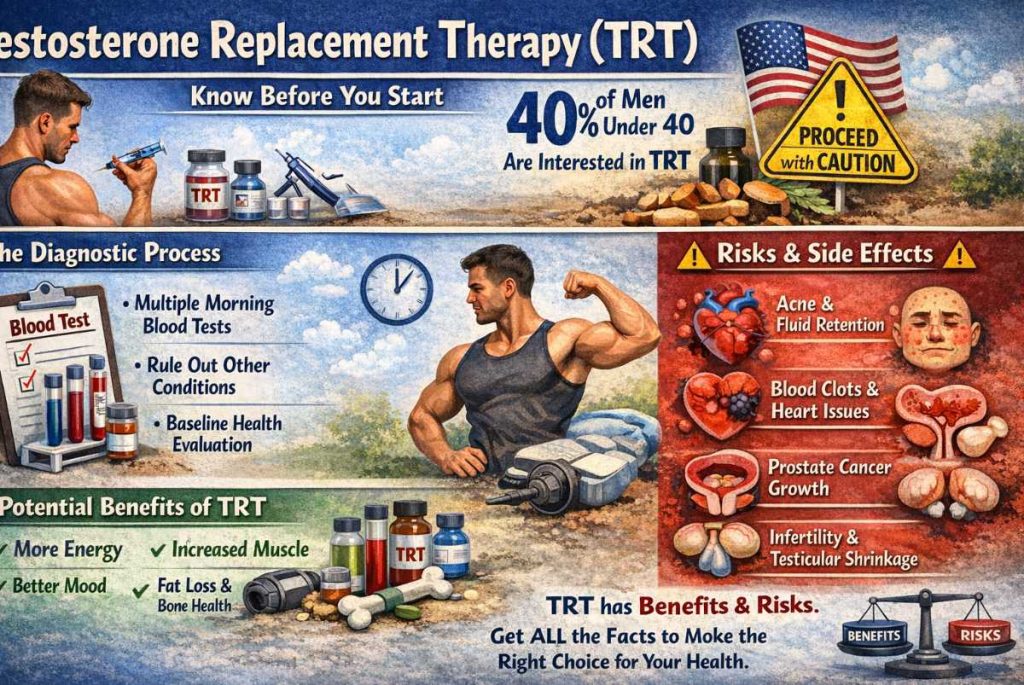Entertainment is an essential aspect of our daily lives, whether it’s movies, TV shows, sports events, concerts, or any other form of amusement.
We often overlook the significance of entertainment as we get caught up in the hustle and bustle of our daily routines.
However, entertainment plays an integral role in our lives for a multitude of reasons. It doesn’t just fill our time with pleasure; it provides a respite from the daily grind, sparks inspiration, fosters social connections, helps develop self-esteem, nurtures culture, and so much more.
Understanding why entertainment is so important can enhance our appreciation for the ways it enriches our existence.
1. Distract Yourself From The Challenges Of Everyday Life
You’ve had a hard day’s work, with all the deadlines, meetings, and responsibilities crowding upon you, sometimes all you want to do is switch off your brain from the demands.
That’s where entertainment steps in as a knight in shining armor. Becoming engrossed in a film, losing yourself in the pages of a book, or hopping into the virtual world of a video game provides a much-needed distraction that can help replenish your mental reserves.
A good comedy, for instance, can trigger laughter, a potent stress-reliever that reduces the level of the hormone cortisol in your body.
Meanwhile, an engaging mystery novel can transport you to a different world, offering an escape and the chance for your brain to recover from the stresses of real life.
Such diversions aren’t just enjoyable, they’re necessary for maintaining balance in our lives. They allow us to step back so we can better tackle our problems after a break, with a fresh perspective.
2. Escape The Daily Pressures
The daily pressures of life can feel overwhelming. Bills to pay, relationships to maintain, health to look after—it can all stack up, creating a heavy weight on your shoulders.
Entertainment acts as a temporary escape hatch, a way to momentarily step out of reality and into another realm where the pressures of life can’t follow.
This escape mechanism is more than just a temporary respite.
It can also be therapeutic, offering a chance to experience life from different viewpoints through characters in a TV series or film.
Our empathy grows as we connect with these fictional personas and their struggles, which can, in turn, make our own troubles seem more manageable.
3. Make Time Fun
Imagine life without entertainment, it would be a series of tasks, obligations, and routines, wouldn’t it? Entertainment injects the fun factor into our lives, turning dull moments into occasions of joy.
It gives color to the canvas of our daily existence. For instance, listening to your favorite music while commuting can turn a boring drive into a sing-along adventure. Attending a local theater performance brings a sense of wonder and delight that can brighten our week.
Making time fun is important not just for individual amusement, but it plays a significant role in family bonding and creating friendships.
In addition to these personal benefits, fun has its own health advantages. It improves brain function, energizes us, and can even boost our immune system. When we engage in enjoyable activities, we’re not just having a good time; we are also contributing to our overall well-being.
4. Provide Inspiration And Stimulate Creativity
You’ve probably experienced that jolt of inspiration after watching an awe-inspiring movie, or felt a surge of creativity after listening to a new kind of music.
Entertainment isn’t just a passive experience; it actively engages your mind, prompting it to think in new, innovative ways.
Artists and creators often cite various forms of entertainment as their muse, driving them to produce their own works.
Even those who don’t consider themselves ‘creative’ in the professional sense can find themselves motivated to start a hobby, tackle a home project, or solve a complex issue at work after watching an inspiring TED Talk or listening to an influential speaker.
Entertainment feeds the imagination and, in turn, our imagination can breathe life into personal and professional endeavors, pushing the boundaries of what we believe to be possible.
On another level, when you’re entertained, certain parts of your brain light up with activity.
Stories, music, and visuals can generate ideas that you might not have considered before, applying these fresh perspectives to various aspects of life, from how you approach your career to the way you interact with family and friends.
5. Increase Social Interaction
Entertainment often serves as a social glue, bringing people together in shared experiences and common interests. Watching films, attending concerts, or playing games together promotes bonding between people and creates memories that last a lifetime.
Not only does entertainment offer a way to spend quality time with friends and family, but it also provides a framework for social interactions and conversations.
For example, discussing the latest plot twists of a popular TV series or debating over the merits of a newly released album can strengthen relationships and offer a sense of belonging and connection.
Entertainment venues like cinemas, sports arenas, and theaters are communal spaces where the sense of being part of a larger group can be intensely felt.
6. Develop Self-Esteem
Participating in various forms of entertainment, especially interactive ones like performing arts, sports, or gaming, can play a pivotal role in the development of self-esteem.
When you engage in an activity that you enjoy and excel at, it builds confidence. This is especially significant for children and adolescents as their self-identity is being formed, but it holds true for adults as well.
Through entertainment, you may discover hidden talents or develop new skills that can make you feel more competent and self-assured.
The applause after a stage performance, the cheer of a crowd at a sports event, or the personal satisfaction of beating a high score in a video game—all these experiences can enhance one’s sense of self-worth.
7. Nurture Culture
Entertainment is a powerful tool for preserving and celebrating culture. From traditional dances and folk music to modern movies that highlight societal issues, entertainment mediums often reflect and shape the cultural narrative.
They teach us about our past, present us with different perspectives of our culture, and inspire us to envision our future.
By participating in cultural forms of entertainment, we maintain a connection to our roots, traditions, and values. Shared cultural experiences can unite people from different backgrounds, fostering a sense of community and collective identity.
8. Encourage Physical Activity
In today’s digital world, entertainment doesn’t just mean sedentary activities; it can also include dynamic ones that encourage us to move and be active.
Take, for example, dancing to your favorite tunes, playing a sport, or enjoying the outdoors while geocaching. These activities are fun, yes, but they also keep you physically fit, improving cardiovascular health, strength, and flexibility.
Interactive video games that require movement can also play a significant part in promoting physical activity. They make exercising fun and accessible, often without the need for specialized equipment or a gym membership.
Through such entertainment, people of all ages can find enjoyable ways to incorporate physical fitness into their daily routines.
9. Enhance Educational Experiences
Educational entertainment, also known as edutainment, demonstrates the important link between having fun and learning.
Children and adults often learn best when they’re engaged and entertained—think of how a documentary can make a historical event come alive or how a math app can turn a challenging subject into a game.
When embedding educational content within an entertaining context, difficult concepts become more digestible and engaging.
This blending of fun and learning is not just effective in formal educational settings; it permeates our everyday lives, allowing us to acquire new knowledge and skills in a manner that feels less like a chore and more like an interesting journey.
Whether through television programs like “Bill Nye the Science Guy” or “MythBusters,” or through educational platforms like Khan Academy that make use of engaging visuals and interactive challenges, entertainment can be a vehicle for sustained intellectual growth.
10. Strengthen Mental Health
Entertainment has significant therapeutic advantages that play a direct role in mental health. Accessing entertainment that makes you laugh, relax, or distract provides a buffer against the effects of stress, anxiety, and depression.
Laughter doesn’t just signal happiness; it can also lead to long-term improvements in mood and mental well-being.
Immersive entertainment experiences such as music, art, or games can act as a form of mindfulness practice, helping you stay grounded in the present moment, away from ruminating on past regrets or future concerns.
They can invoke a meditative state, where the flow of time is altered, and life’s pressures are momentarily placed on pause.
Conclusion
Entertainment sustains us through tough times, enriches our lives with joy and laughter, sparks our creativity, binds us together socially, develops self-esteem, nurtures culture, encourages physical activity, enhances education, and strengthens mental health.
So the next time you settle in for a movie night or lose yourself in a book, you’re not just being entertained, you’re participating in an activity that is essential for a fulfilling and balanced life.





